Skydiving is a dangerous activity. If something goes wrong with a jump there is a strong possibility of permanent injury, or even death. However, if someone else’s negligence has made skydiving riskier than necessary, you may have a legal right for compensation for your injuries, or the injuries of your loved one. You will need a personal injury lawyer familiar with skydiving accidents to help evaluate your claim and to help you get all of the compensation you are legally entitled to.
Types of Skydiving Accidents
It takes a lot of equipment and training to successfully and safely perform a skydiving jump. Any problem, even a minor one, with the equipment or attention span of the jumper can be disastrous. Typical types of skydiving accidents include:
• Improperly packed parachute
• Defective parachute
• Poorly maintained equipment
• Failure of the instructor tether
• Improperly flown airplane
• Defective airplane
• Poorly maintained airplane
• Mistake in judgment from instructor
While there are several different points that human error can cause a skydiving accident. The most common source of skydiving injuries is the airplane the jumper is waiting to jump out of.
Injuries in Skydiving Accidents
Injuries in skydiving accidents include everything from minor cuts and bruises to death. While it is unlikely that a minor injury will give rise to personal injury claim, because skydiving has such a risk of injury, sometimes even serious injuries do not guarantee a successful skydiving accident claim will be made.
Common types of skydiving accident injuries include:
• Death
• Spinal cord injury
• Neck and back injuries
• Broken or shattered bones
• Traumatic brain injuries
• Strangulation
• Muscle strains and sprains
• Torn or ripped muscles, tendons, and ligaments
After any skydiving injury it is important that you seek immediate medical attention. Even if there are no apparent injuries, you should still seek an immediate medical evaluation. You could be facing serious internal injuries that have not yet presented symptoms. If you are injured, the sooner you are diagnosed and begin treatment the better outcome you are likely to have.
If it ever becomes necessary to bring an injury claim, having your injuries documented by a medical professional will be invaluable to your claim.
Attacking the Waiver and Working Around the Waiver
Whenever you go skydiving you are required to sign a waiver. The waiver is designed to limit the exposure of the skydiving company to lawsuits. There are two major misconceptions about these liability waivers. The first one is that if you signed a waiver there is no way for you to bring a claim. Any personal injury claim will depend on the circumstances of the case and the actual language of the waiver. In some cases a claim can still be successfully brought even with a waiver.
The other major misconception about waivers is that they are worthless and an injury claim can easily be brought. Courts are actually reluctant to throw out a properly worded and executed waiver. Most courts view skydiving as inherently dangerous and place a higher burden on plaintiffs trying to bring a claim.
A skilled personal injury lawyer will examine the waiver to see if the skydiving company kept its end of the bargain and if the waiver was properly drafted and executed. Sometimes the waiver can be attacked in court and open the door for an injury claim the waiver would otherwise not allow.
Other times it is not the skydiving company at all who is at fault for the accident. If the equipment was faulty or there was a problem with the airplane or a component of the airplane, a lawsuit may be brought against those companies responsible for the defective parts or equipment. The waiver you sign with the skydiving company does not shield them.
Gross Negligence
Because skydiving is considered an inherently dangerous activity, it takes more than ordinary negligence for you to win an injury claim. In most places you will have to prove gross negligence. Gross negligence is a legal term that means an intentional or conscious disregard of the standard of conduct or of reasonable actions in a situation.
An example of gross negligence might be if a skydiving company knew a parachute had been recalled, but continued to use it in their jumps anyway. Gross negligence cases also sometimes allow for punitive damages. These are damages beyond what it takes to compensate you for your injuries. They are meant as a punishment for especially repugnant actions.
Finding the right lawyer for your skydiving accident claim can be difficult. Not all personal injury lawyers are willing or able to take on such a case. We can help you find the right lawyer for your case. Contact us today so we can help connect you with a lawyer with the skills, experience and knowledge to bring a skydiving accident injury claim. It is important that you take action to protect your rights right away. Many states only give you a small time frame to bring a personal injury claim.

